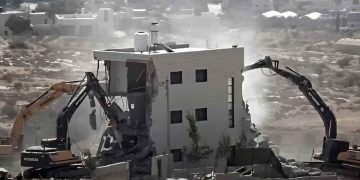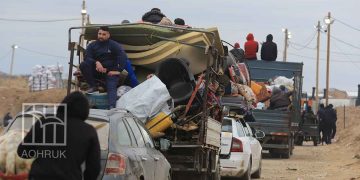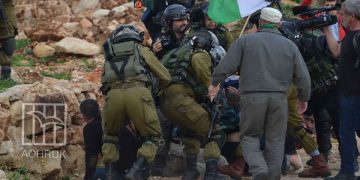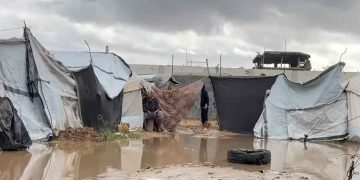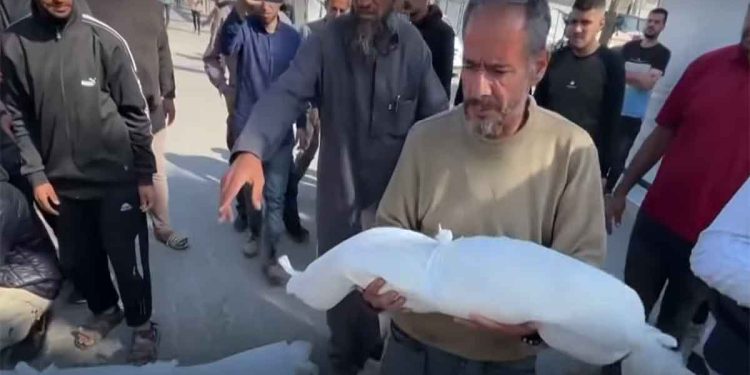Amid escalating reports of mass civilian casualties in the Gaza Strip, Israeli authorities continue to enforce a sweeping ban on the entry of international journalists. The restrictions, in place since the onset of the military campaign on 7 October 2023, have raised serious concerns among rights organisations and press freedom advocates who warn of a deliberate effort to suppress independent coverage of the war’s human toll.
In the absence of foreign media access, local Palestinian journalists have remained the only source of information to the outside world, often operating under extreme and life-threatening conditions. The blackout, which has coincided with widespread destruction, large-scale displacement, and acute shortages of food and medical supplies, is being seen as an integral part of a broader strategy to obscure the scale and nature of violations committed against the civilian population.
Philippe Lazzarini, Commissioner-General of the United Nations Relief and Works Agency (UNRWA), described the ban as “a denial of truth” and called for the immediate lifting of restrictions on media access. He warned that obstructing press freedom in Gaza contributes to a climate of misinformation and polarisation, while depriving victims of their right to be heard.
The ban, Lazzarini added, not only restricts journalistic freedom but also undermines global efforts to uphold human dignity and public awareness. In his words, “an informed world is essential to the pursuit of justice, and Gaza’s victims deserve to have their stories told, not silenced.”
According to humanitarian organisations, the information blackout has facilitated a breakdown in public understanding of events unfolding in Gaza. The lack of external verification and oversight has created conditions where impunity can flourish, and where the human cost of the conflict is increasingly divorced from international discourse.
Since the beginning of the military campaign, more than 180,000 people have been killed or injured in Gaza, the majority of them women and children. Thousands remain missing, with entire communities displaced amid conditions of famine and widespread infrastructural collapse. In this context, the ongoing media restrictions not only inhibit real-time reporting but also serve to erase the lived experiences of victims from the global narrative.
Rights observers stress that the enforced media blackout represents more than a restriction on movement; it constitutes a violation of international human rights law, including the right to freedom of expression and the press. The absence of transparent, independent reporting in a context of such significant humanitarian consequences is, they argue, incompatible with democratic norms and fundamental freedoms.
The exclusion of international media from Gaza has taken place against the backdrop of what multiple agencies have described as an unfolding humanitarian catastrophe. Aid deliveries remain severely constrained, health infrastructure is in collapse, and mass displacement continues under siege-like conditions. The media silence imposed by Israeli authorities, observers warn, plays a critical role in normalising these conditions and enabling their continuation without accountability.
In light of these developments, there are renewed calls for international intervention to ensure unrestricted media access to Gaza, alongside the protection of local journalists operating under fire. For many, restoring visibility to the situation is not only a matter of press freedom but a prerequisite for upholding international humanitarian law and affirming the dignity of those most affected.
The refusal to allow international coverage in a zone of mass civilian suffering is, for many observers, an act that endangers not only lives but truth itself.

